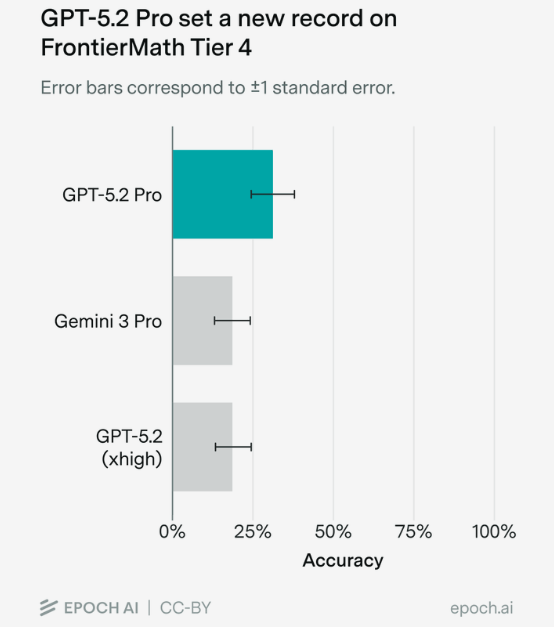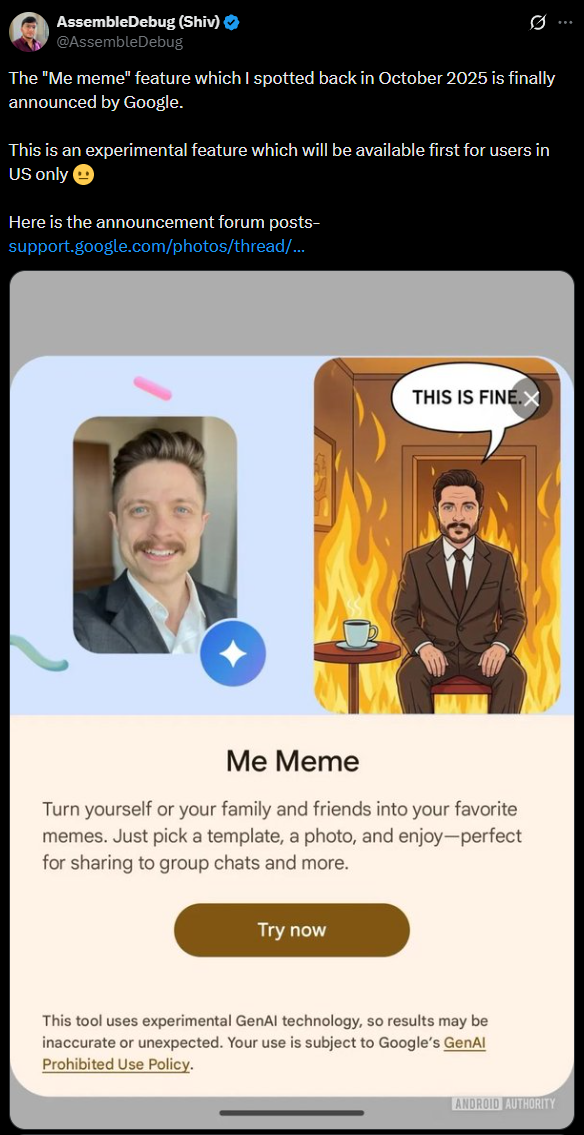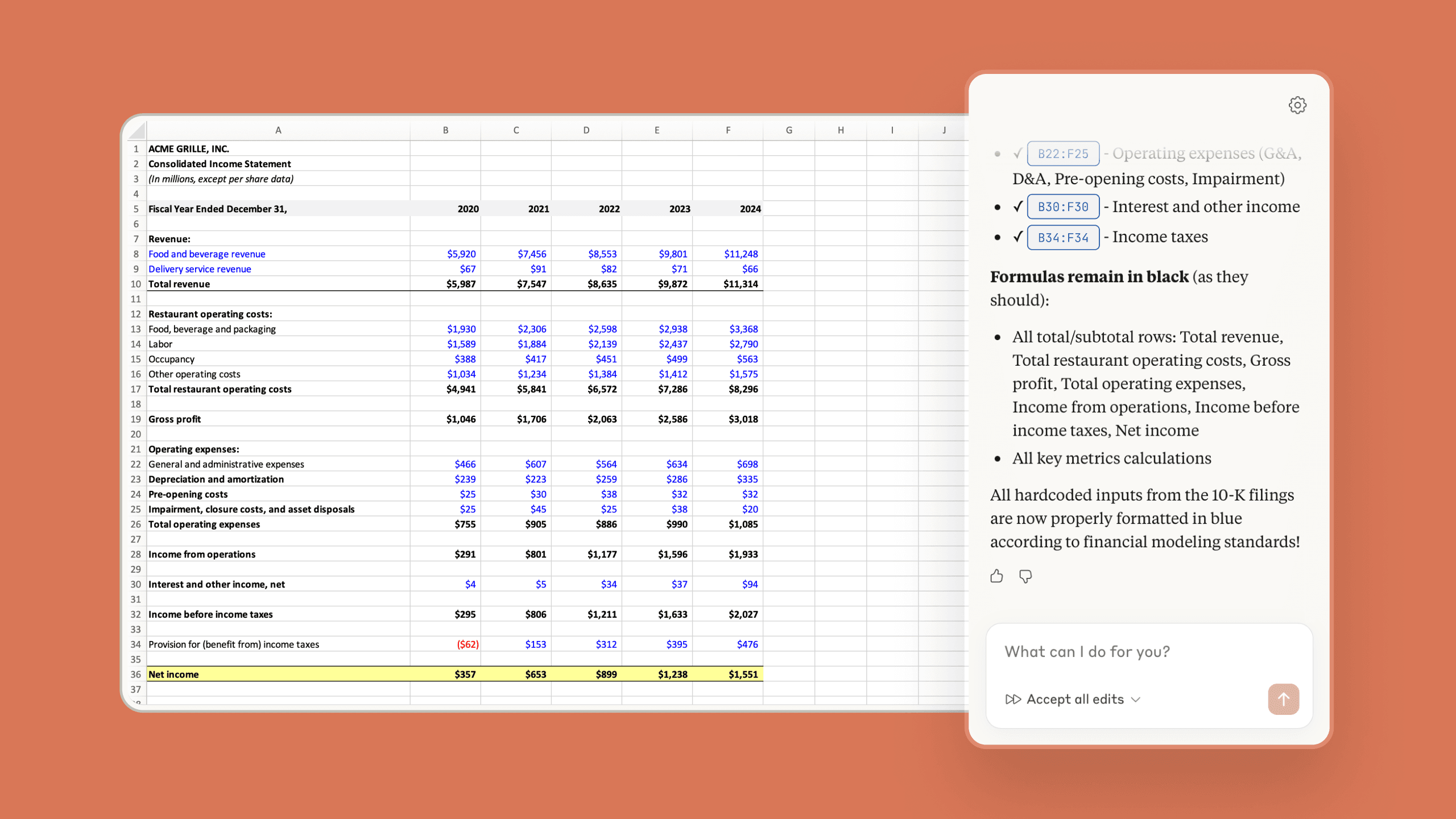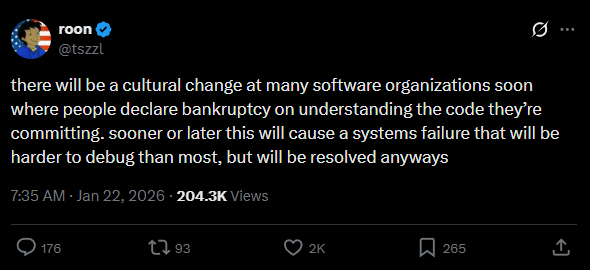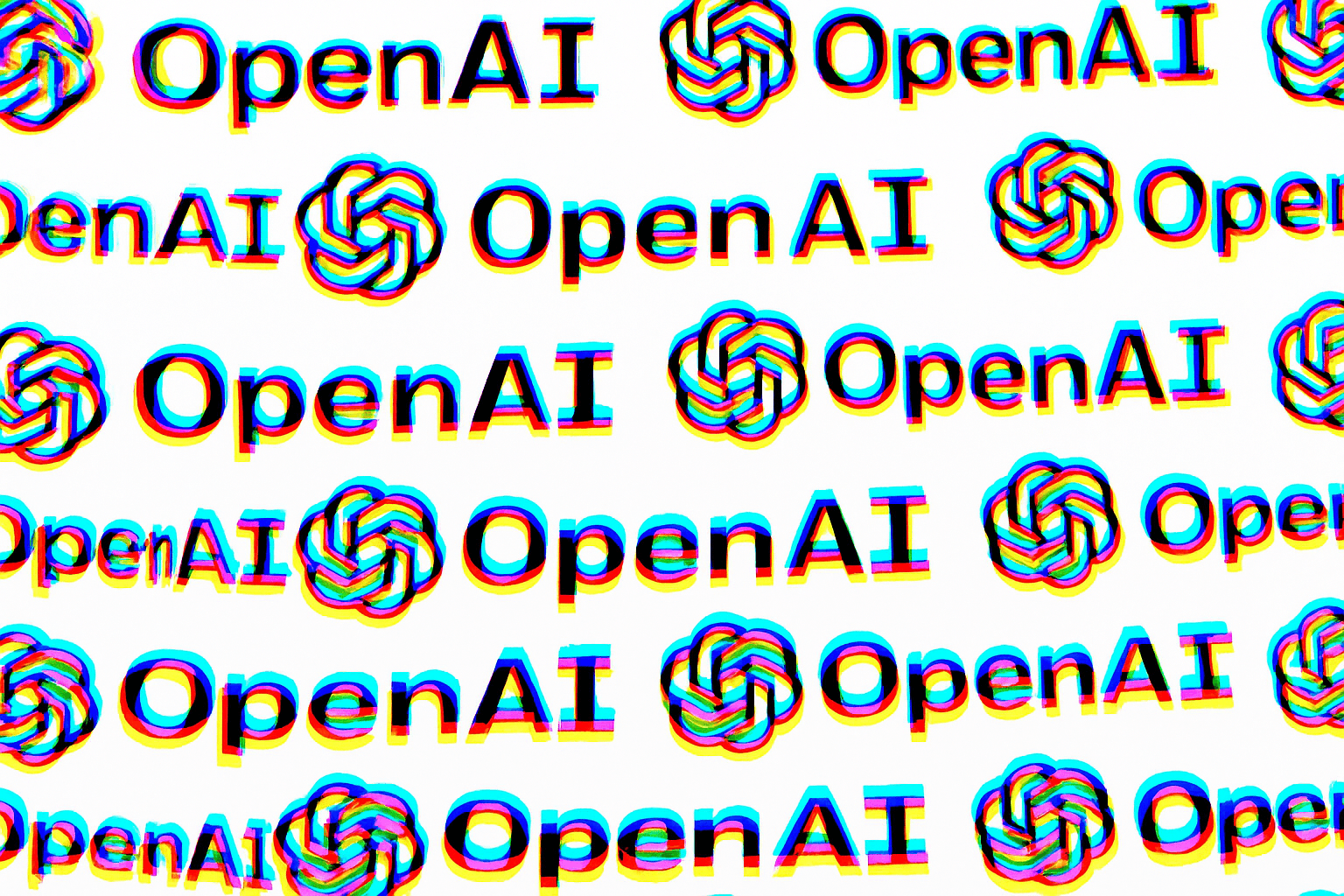Meta is cutting off access to AI characters for teenagers around the globe. Starting in the "coming weeks," teens won't be able to use AI characters in Meta's apps until a revised version is ready. The ban applies to all users who entered a teenage birth date, as well as people who claim to be adults but are flagged as minors by Meta's age recognition technology.
Meta's AI Assistant will stay available for minors with age-appropriate protections, the company says. Meta is also working on new tools that will give parents more visibility and control over how their kids use AI features. Once those tools are ready, they'll apply to the updated version of AI characters.
Meta had already responded to reports about problematic chatbot interactions with minors in the summer of 2025. An internal document revealed that Meta's AI chatbots were allowed to have romantic or "sensual" conversations with minors under the company's guidelines. Following the disclosure, Meta announced that chatbots would no longer be permitted to discuss sensitive topics with teenagers.
